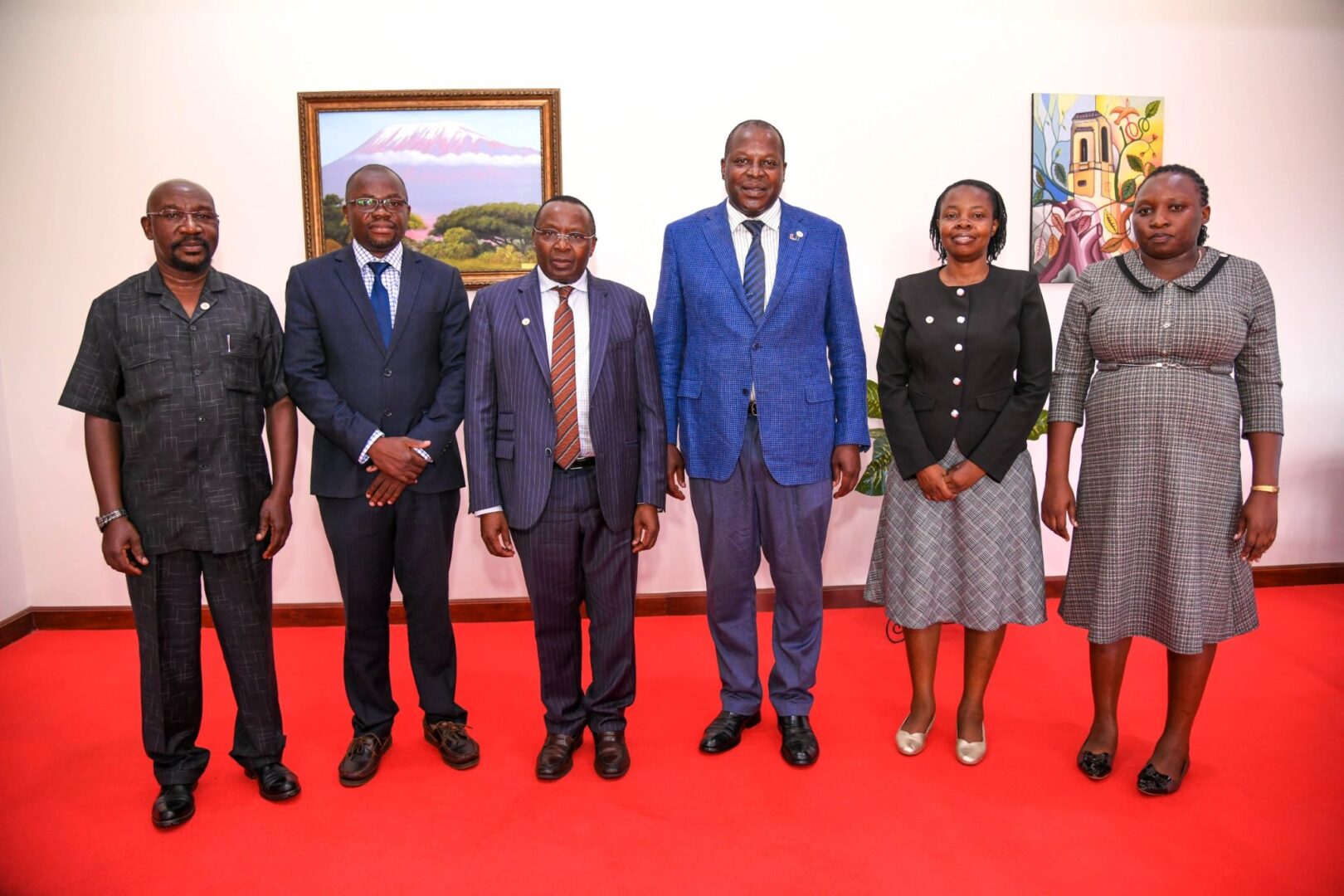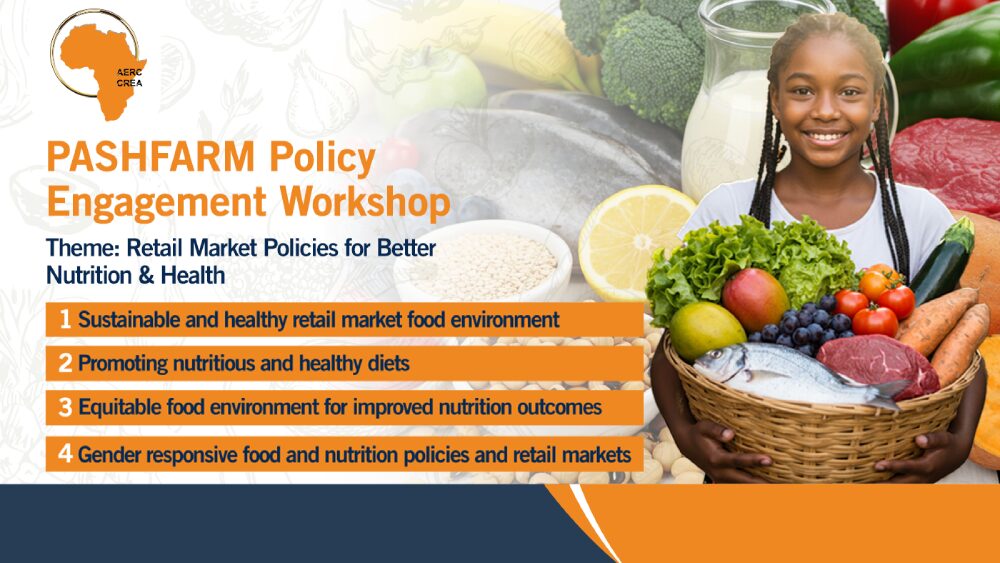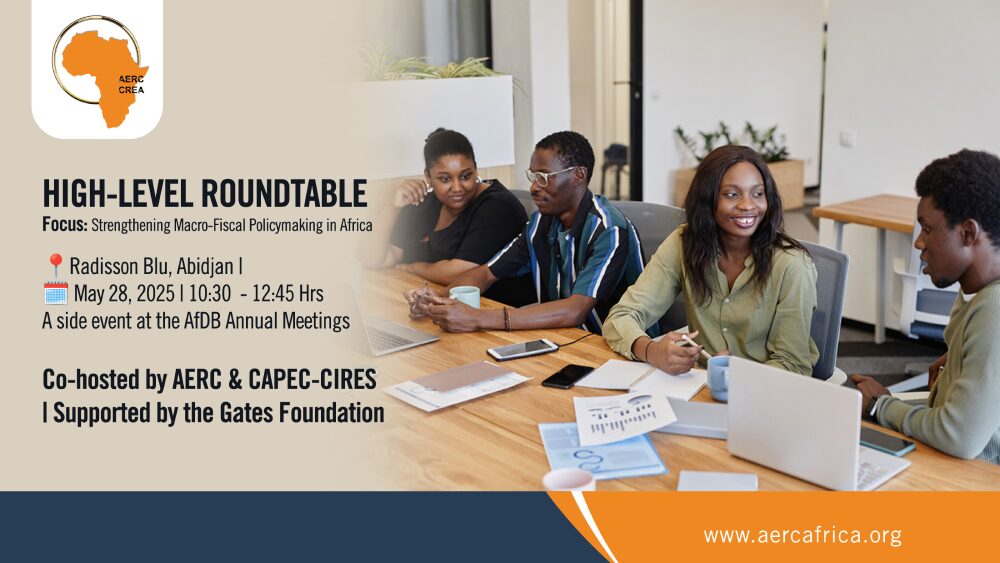

AERC holds a Final Review Workshop for Value Chain Development and Economic Transformation in African Economies (GVC) Country Case Studies
January 31, 2024AERC is implementing a collaborative project on ‘Value chain development and economic transformation in African Economies funded by SIDA since 2021. The premise of the project is based on the argument that while sustained growth has contributed significantly to rapid economic transformation in Asia and Latin America, in Africa it has been observed that relatively high growth rates have contributed very little to job creation and in lifting the largest segment of the population out of poverty. Although there has been growth in exports and value over time, there has been a declining African export share in global value chains, pointing to Africa’s reduced competitiveness in these sub-sectors. Despite decades of protectionism of Africa’s manufacturing sector, its share of manufactured goods remains low.
The service sector continues to be promising but is faced with stiff competition from the more developed world where tourism and hospitality industry is more robust. Africa’s significant agricultural and natural resources are being exploited and exported mostly in their raw form, with little or no value added to commodity exports. Some of these natural resources represent irreplaceable, non-renewable assets, and their exploitation needs to be monitored while also recognizing that generally it has weak economic linkages to the rest of the economy. Economic diversification based on value-addition to natural and agricultural resources and export-oriented production, therefore, has a major role to play in the transformation of African economies from the current low-income to middle-income levels. Economic diversification should have a significant impact on job creation and poverty reduction. The upsurge in GVCs/RVCs as a vehicle for economic diversification and the basis for resource-based industrial development is timely, given the increased demand for Africa’s natural resources, together with increased urbanization and consumer demand for processed goods within the continent.
| Objectives of the project | Expected outcomes |
|---|---|
| To evaluate performance of African economies in global and regional value chains. | Enhanced generation and use of high-quality economic policy-relevant research. |
| To increase understanding of drivers and benefits of value-chain trade integration through framework research and country case studies on GVCs and RVCs; and | Increased understanding of drivers and benefits of value-chain trade integration. |
| To provide specialized training on reforms that help improve business climate, strengthening of value chains and development of selected sectors such as agriculture, tourism, and manufacturing including small businesses. | Informed public policy making in Africa’s value chain development. |
In the first phase, 12 framework were developed by middle and senior career researchers , out of this 9 were published in ‘The World Economy Journal’ https://onlinelibrary.wiley.com/toc/14679701/2023/46/11, 1 in Economic Change and Restructuring https://link.springer.com/article/10.1007/s10644-023-09503-x and 1 in the https://onlinelibrary.wiley.com/doi/abs/10.1002/jid.3823
In the country case studies phase, 11 papers were commissioned in January 2023. A virtual final review workshop for the country case studies was held on January 30-31, 2024. In the workshop 10 papers were presented by 20 researchers from 12 countries. Among the 20 participants 4 were female.






